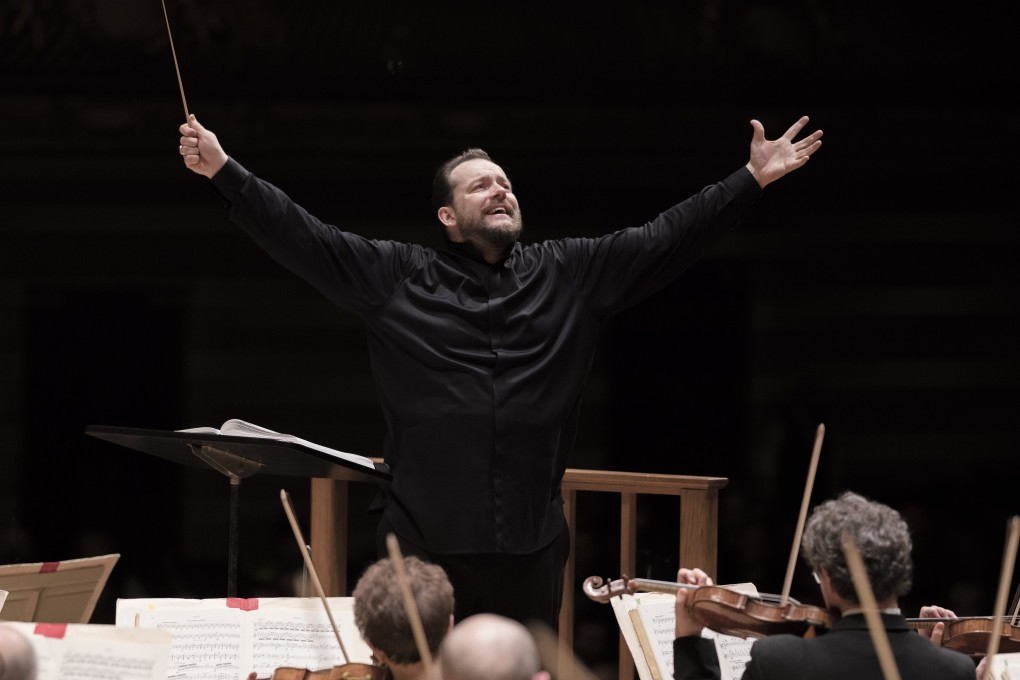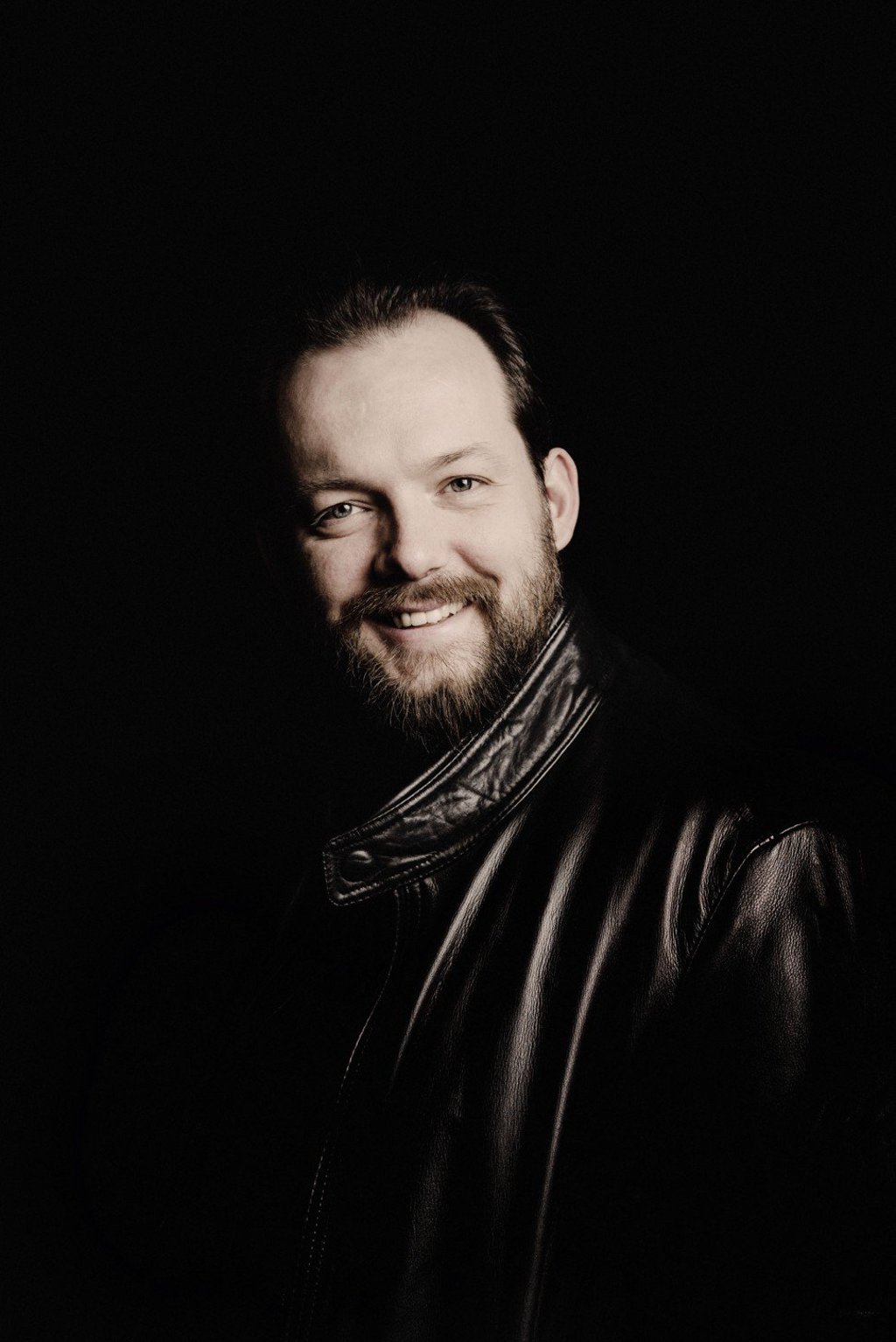Boston Symphony Orchestra music director Andris Nelsons on his love of Wagner, putting music in context and its mystical quality
- Seeing a Wagner opera when he was five made Latvian Andris Nelsons want to be a conductor. At 41, he is music director of two of the world’s leading orchestras
- He talks about trying to ‘catch the spirit’ of a piece, how music ‘reflects what we feel, what we fear’, and the Boston players’ ‘beautiful and rich sound’

Andris Nelsons started dreaming about becoming a conductor at the age of five, when he saw a performance of Richard Wagner’s opera Tannhauser in his home city of Riga, in Latvia.
Nelsons, who now holds the position of music director of the Boston Symphony Orchestra (BSO). has been described by the British newspaper The Guardian as “one of the most exciting and sought-after conductors working today”. He is noted for the vigour and youthful vitality he brings to his interpretations – he’s 41 and in a profession that usually favours those a decade or so older.

Nelsons began his musical career as a trumpet player in the Latvian National Opera Orchestra, and says working as an orchestral musician has helped his career as a conductor. Conducting is a discipline in itself, and not all conductors have the experience of playing in an orchestra to draw on.